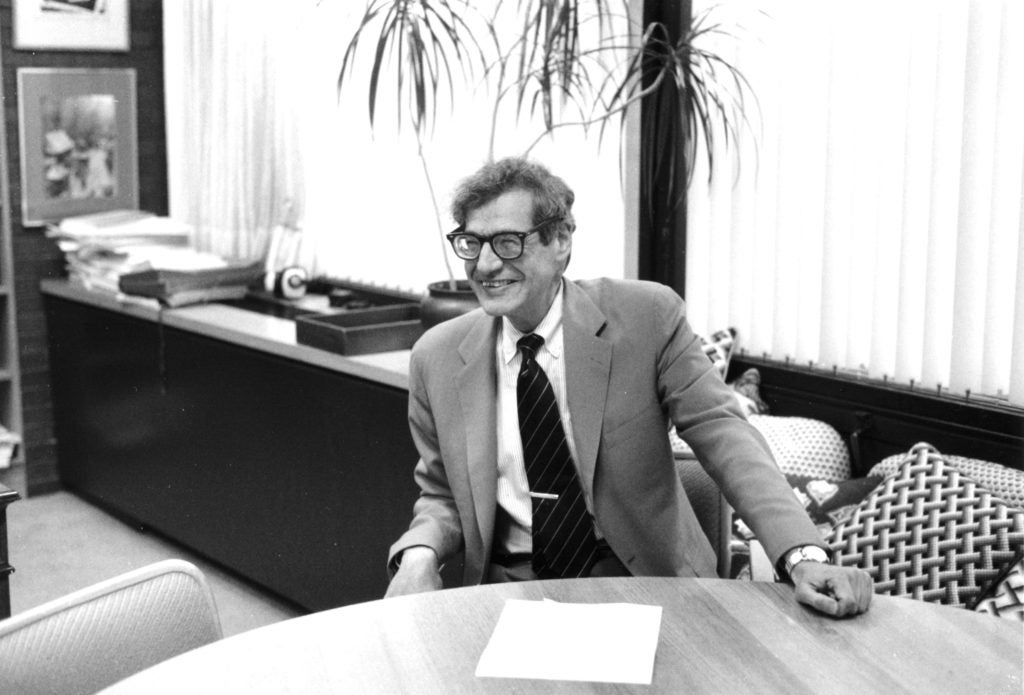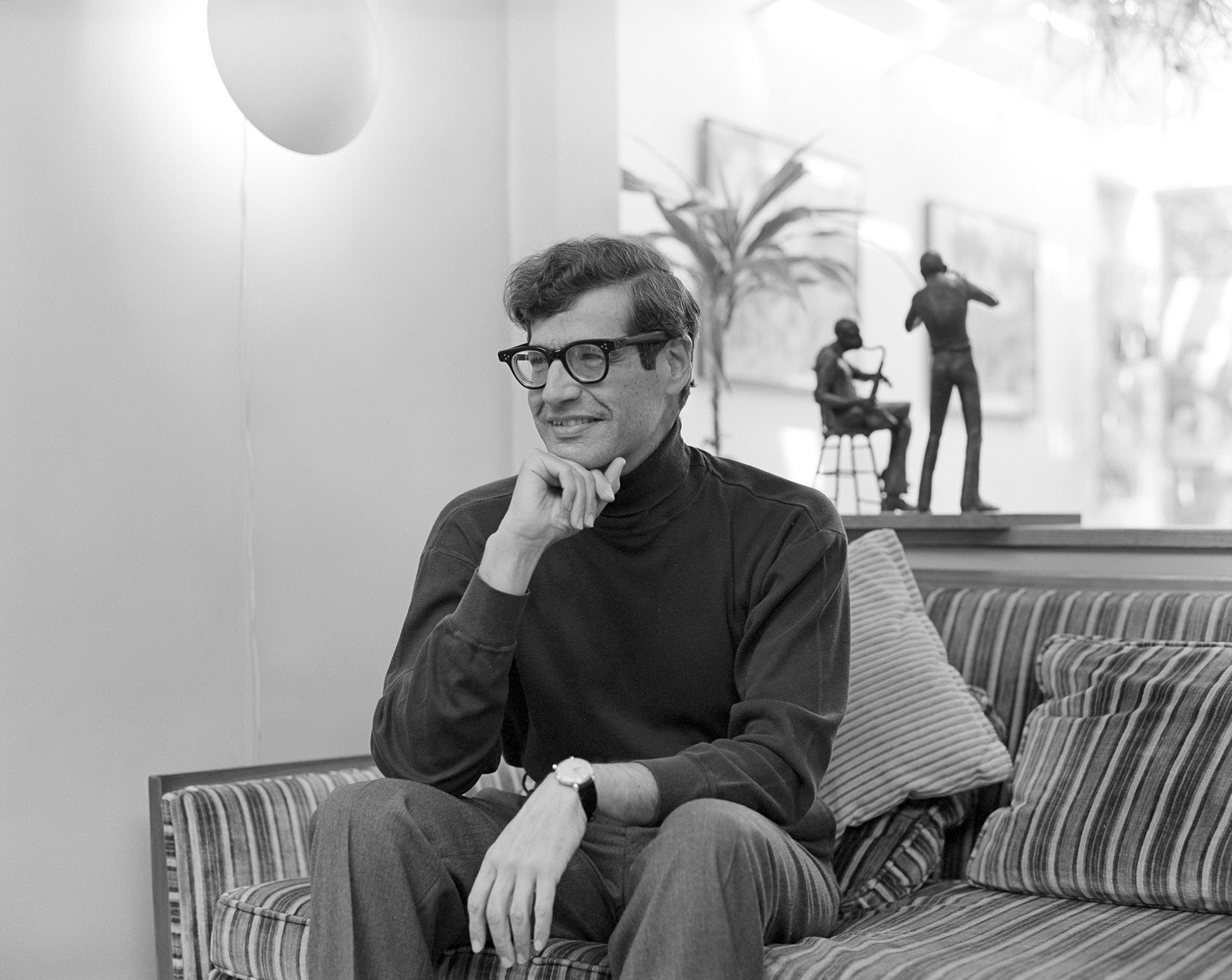David L. Shapiro ’57, an icon of federal courts jurisprudence, died Tuesday, November 19. He was 87 years old.
A longtime professor of law at Harvard Law School, Shapiro co-edited the leading casebook in the field of federal jurisdiction, Hart and Wechsler’s “The Federal Courts and the Federal System” (Foundation Press). For nearly five decades, from the second edition in 1973 to the supplement to the 7th edition in 2019, he served as a link back to the roots of federal courts as a legal discipline at Harvard Law School decades earlier.
“David was the heart and soul of ‘The Federal Courts & the Federal System. He really shaped the field of federal courts,” said Harvard Law School Dean John F. Manning ’85, who joined Shapiro as a co-editor on the Hart and Wechsler casebook for the 6th edition in 2010. “David was able to bring out the complexity and nuance of the law for judges, scholars, and practitioners, and he always did so with clarity and insight.”
Shapiro studied the subject as an HLS student in the 1950s with Professor Henry Hart LL.B. ’29 S.J.D. ’31, who is considered, with Columbia Law Professor Herbert Wechsler, to be a founder of the field. After Shapiro joined the HLS faculty in 1963, Hart invited him to join as a co-editor on the second edition and Shapiro went on to write five revisions with several HLS colleagues, including Manning, the late Daniel Meltzer ’75, Richard Fallon, Jack Goldsmith and his former student Amanda Tyler ’98.
“David was a giant who never viewed himself as a giant,” said Fallon, who turned to Shapiro in the spring of 1983 when he first taught federal courts at HLS. He credits Shapiro for teaching him how important it was to ground grand legal theories in the facts of the case.
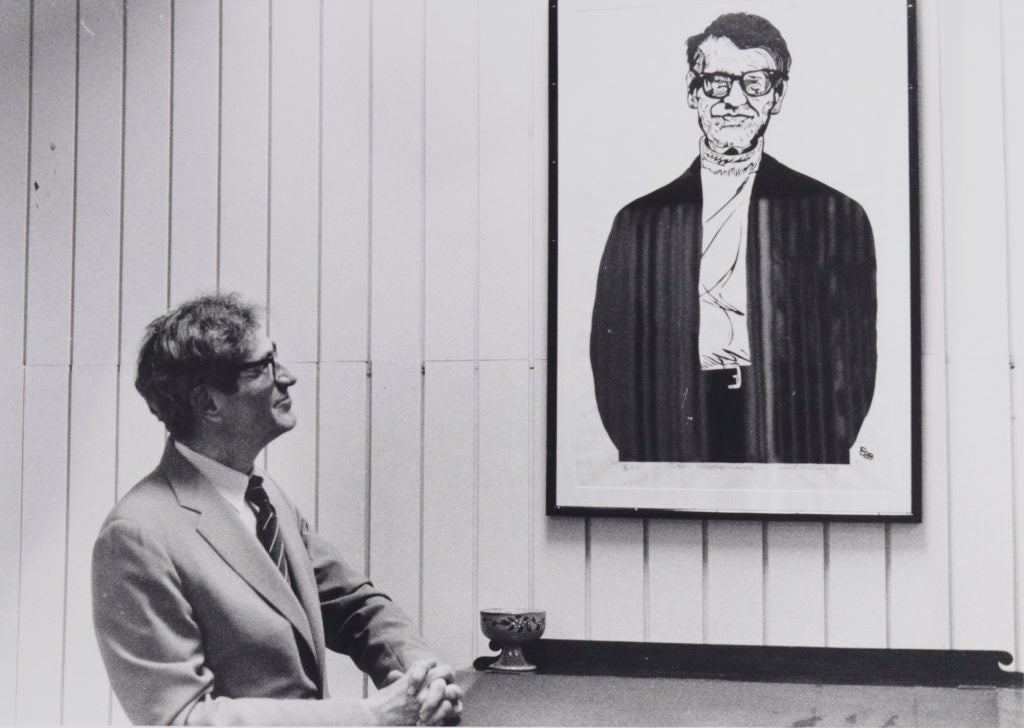
“He loved to laugh and was quick with a joke, but he was utterly, utterly serious about upholding the highest professional standards in everything that he did,” said Fallon. “I never felt more flattered professionally than when David and Dan Meltzer asked me to join them as a co-editor of what David always called ‘our book.’ Our collaboration lasted for four editions and more than 20 years. I wish it could have gone on forever.”
Shapiro joined the Harvard Law faculty as an assistant professor less than 10 years after graduating from law school. He was appointed a tenured professor in 1966 and taught statutory interpretation, civil procedure, administrative law, labor law and criminal law. For five years, from 1971 to 1976, he served as associate dean of Harvard Law School, under Dean Albert Sacks ’48. Upon his retirement in 2006, Shapiro was named the William Nelson Cromwell Professor of Law, Emeritus, at Harvard Law School.
“David was a legendary teacher. He also wrote with great impact across multiple fields,” said Manning. “In a way, David was a classic adherent to the Legal Process approach. He believed deeply in law and also believed that it should be interpreted and understood, where possible, to be reasonable, to make sense.”
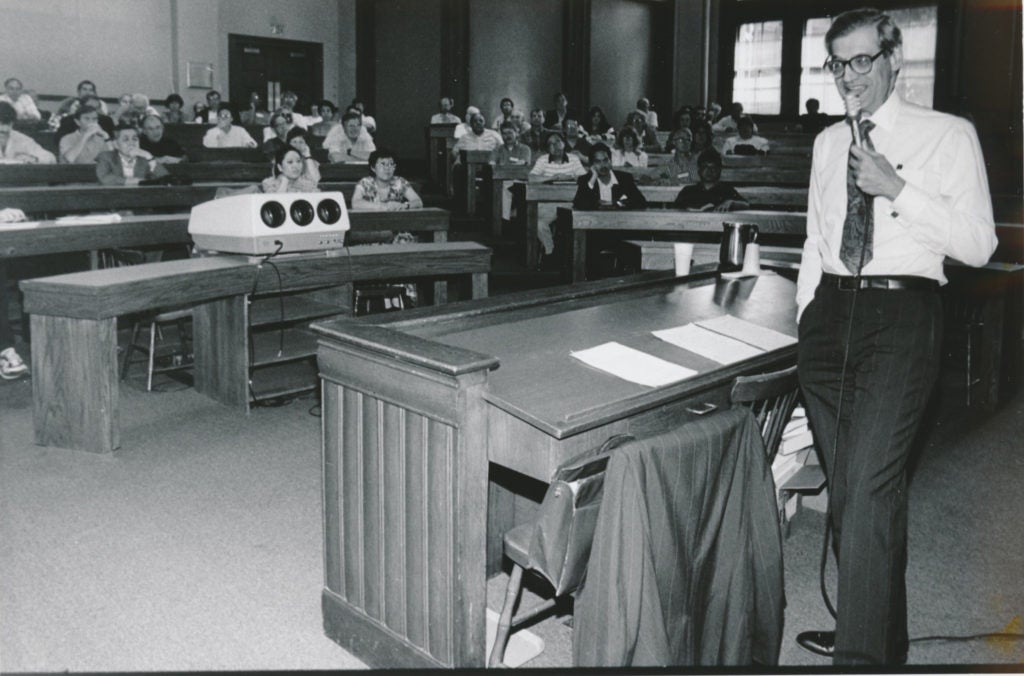
In 1988, Shapiro accepted an appointment as deputy solicitor general in the U.S. Department of Justice. During his three years in the position, first under Solicitors General Charles Fried in the Reagan administration and Kenneth Starr in the Bush administration, he collaborated on briefs for more than 40 Supreme Court cases and argued 10 of them before the Court.
In a statement issued upon Shapiro’s death, current Solicitor General Noel Francisco described him as a highly respected member of the legal profession and gifted appellate advocate on behalf of the United States. “As a colleague, he is remembered by those here at the Department as a rigorous thinker, elegant writer, and warm mentor—open, straightforward, intellectually engaging, and all with good humor,” he said.
Early in his career, he worked as an associate for five years at the law firm of Covington & Burling, in Washington, D.C., before serving as a clerk with Supreme Court Justice John M. Harlan from 1962 to 1963. Shapiro kept a foothold in the world of legal practice and consulted on Supreme Court cases throughout his career.
Shapiro is widely credited with inspiring many of the best scholars now working in his fields of civil procedure and federal courts.
“I don’t know if it was the first or the second day but about a week into law school sitting in his civil procedure class, I decided I wanted to be a law professor, said Amanda Tyler ’98, the Shannon Cecil Turner Professor of Law at the University of California, Berkeley School of Law, where she writes about the Supreme Court, the federal courts, constitutional law, and civil procedure. “Being his student, watching him model how to be a great lawyer, how to bring an entire class of students along to master a subject, and also generate so much excitement about a topic that most people entering law school know nothing about and probably entered the classroom expecting it to be boring,” she said, changed the trajectory of her life.
“Never in a million years coming to law school did I think that this is what I was going to do with this law degree. He was that good,” she said. “He underscored the importance of procedure in a way that was profound.”
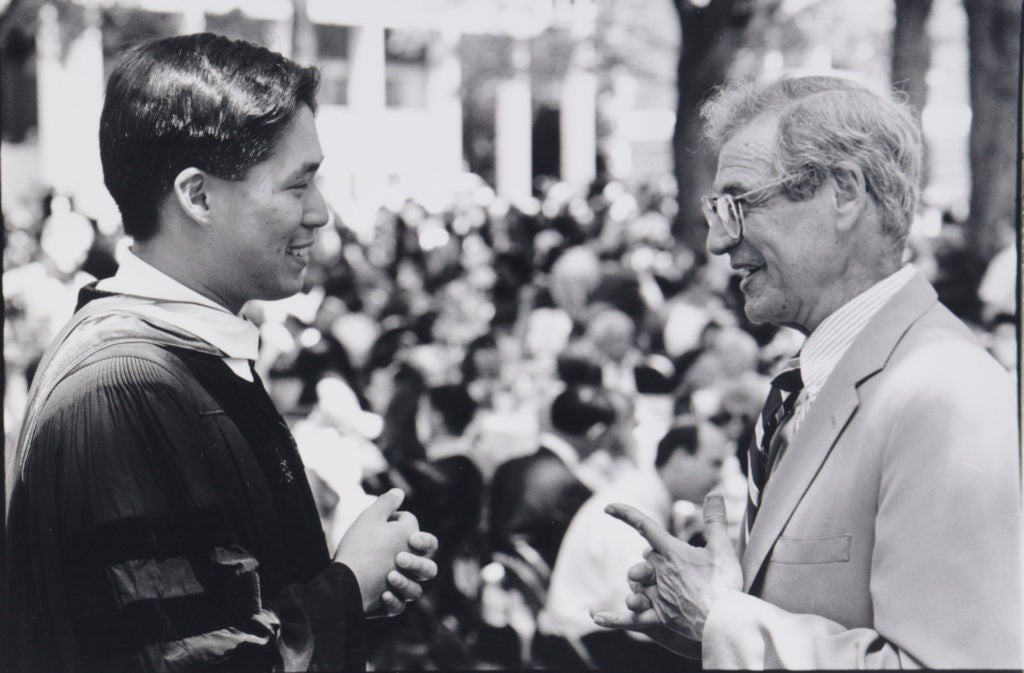
Shapiro is the author of several books, including “Federalism: A Dialogue” (Northwestern Univ. Press, 1995), and “Civil Procedure: Preclusion in Civil Actions” (Foundation Press, 2001), and several dozen articles on a range of subjects including federal jurisdiction, civil procedure, and legislation, including “Continuity and Change in Statutory Interpretation (New York University Law Review, 1992), “Courts, Legislatures, and Paternalism” (Virginia Law Review, 1988) and “The Death of the Up-Down Distinction” (Stanford Law Review, 1984).
He was a member of the advisory Committee for the Study of Complex Litigation of the American Law Institute and he was the reporter for the ALI’s Restatement of Judgments, Second.
Born on Oct. 12, 1932, Shapiro earned his B.A. from Harvard College, magna cum laude, in 1954, and his LL.B., summa cum laude, in 1957, from Harvard Law School, where he was awarded the Fay Diploma and was note editor of the Harvard Law Review.
He is survived by his wife, Jane Shapiro, an art dealer, to whom he was married since 1954, and a granddaughter, Ava Friedlander. He was predeceased by his daughter Lynn Mayson Shapiro in 2011.
